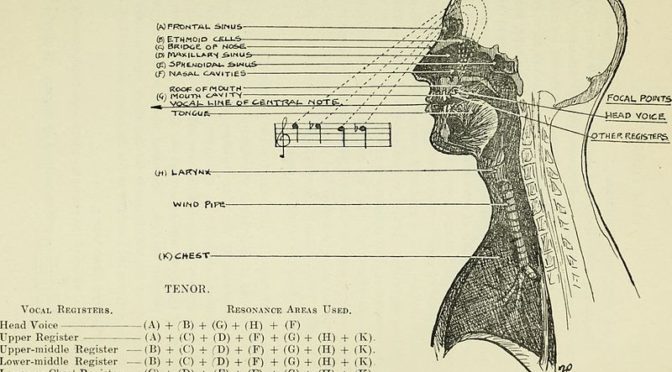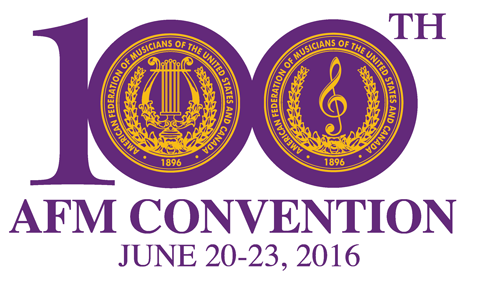On June 1, Cornell Graduate Students United (CGSU) announced it had signed an agreement with Cornell administration setting out a clear path for a campus-wide union campaign and election for about 2,300 graduate student employees. In a joint statement, CGSU and the Cornell administration agreed to a “fair and expeditious” union election, if and when the National Labor Board officially classifies graduate students as employees later this year.
The decision by Cornell to accept the formation of the collective bargaining union goes against the trend of other Ivy League schools, like Yale and Harvard, which are fighting unionization. The schools contend that they fear unionization will interfere with curriculum flexibility.








